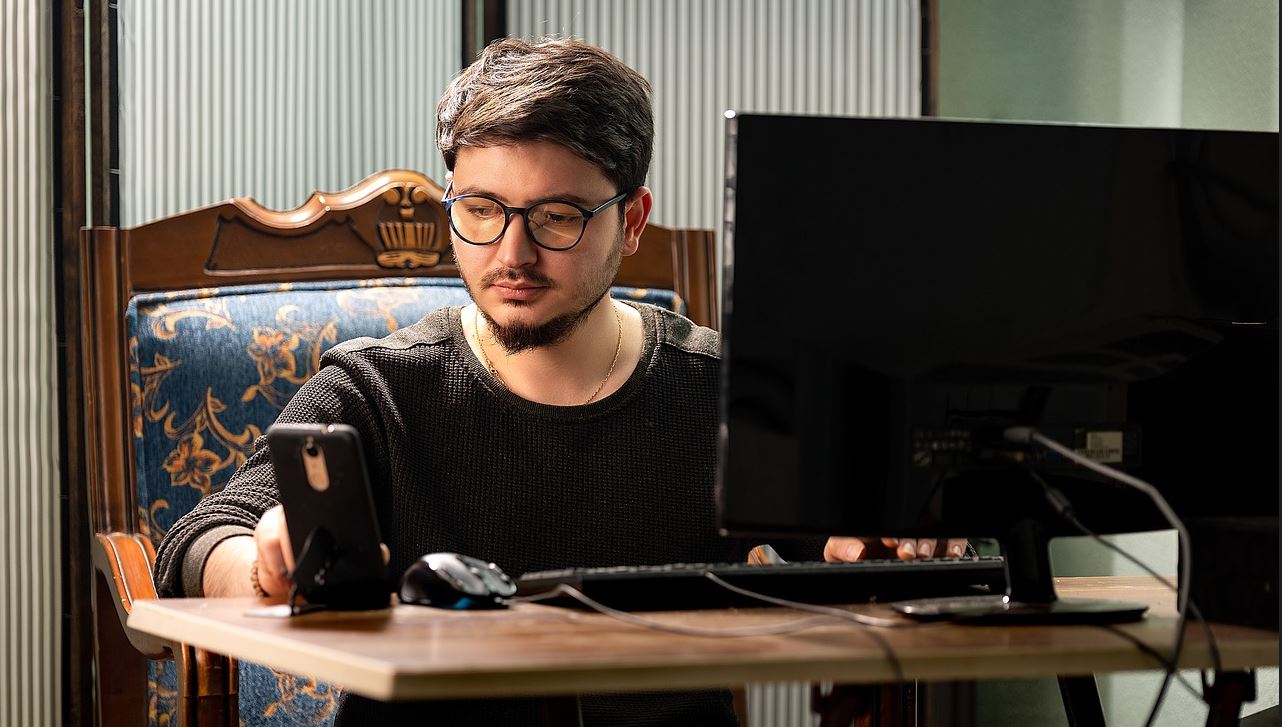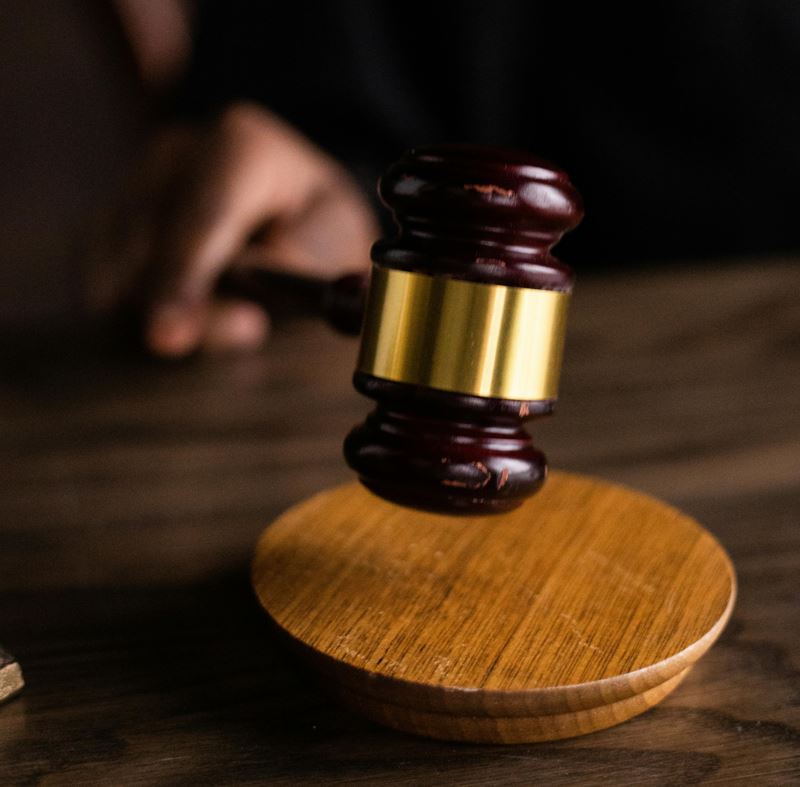The Accidental or Unknowing Possession of Child Pornography is Not a Criminal Violation
There must be evidence of a connection between possession of child pornography and the defendant for a conviction to be upheld. In other words, the defendant must know and be aware of the pornography.

What if a defendant is unaware that child pornography is on his computer?
There must be a connection between the possession of child pornography charges and the defendant. The mere fact that child pornography is on the defendant’s computer is not enough to convict. There must be evidence that the defendant knew the information was actually on the computer. Unknowing possession of child pornography is not a crime. In United States v Lowe, 795 F3d 519 (6th Cir. 2015), the 6th Circuit Court of Appeals determined that just because the defendant’s computer’s sole user name was a form of the defendant’s name and the computer belonged to the defendant was not enough to convict him. It was difficult to prove he committed the offense because his wife and a minor relative also lived in the home, and both knew the user name and used the computer. There was no direct connection between the defendant and the pornography. This case is an example of a politically unpopular but legally sound decision by the 6th Circuit Court of Appeals. Law enforcement must show a connection between the alleged “bad act” and the person charged. Unfortunately, not all courts are this well-reasoned. Also, it is concerning that the trial court/jury convicted Mr. Lowe in the first place. You need to have great legal representation if you face a criminal charge, particularly possession or distribution of child pornography charges.
Why does the government assume someone knew about child pornography on a digital device?
In cases involving child pornography, law enforcement agencies and prosecutors operate under a presumption of knowledge. This presumption is primarily based on the belief that the presence of such materials on one’s digital device—be it a computer, cell phone, or tablet—implies intentional possession. This stance is rooted in the legal requirement that, for a conviction of possession of child pornography, the prosecution must prove the individual knowingly possessed the material. However, the digital landscape’s complexity often blurs the lines between knowing and unknowing possession, raising significant challenges for the accused.
The government’s assumption primarily hinges on the rationale that individuals have control over and are responsible for the contents of their personal devices. In the digital age, where downloading files can often be a background process, and viruses or malware can redirect or download unwanted content without an owner’s knowledge, the reality of “knowing” possession becomes complicated. Despite these nuances, law enforcement and prosecutors may not initially be open to considering the possibility of innocent or unknowing possession, partly due to the serious nature of the crime and the societal imperative to combat child exploitation aggressively.
This approach can lead to situations where individuals are accused of a heinous crime without any awareness of the existence of the incriminating material on their devices. The implications of such assumptions are profound, not only legally, in terms of potential charges and penalties, but also personally and professionally, affecting one’s reputation, employment, and relationships.
Given these challenges, it’s crucial for those accused under such circumstances to seek expert criminal defense representation. A knowledgeable attorney can challenge the presumption of knowledge by meticulously examining the evidence, identifying potential defenses such as unknowing possession, and demonstrating the lack of intent to possess child pornography. Defense strategies may involve technical analyses conducted by digital forensics experts to trace the origin of the files, determine if the images are authentic or actually depict a minor, establish a lack of access or knowledge, and highlight any indications of accidental download or malicious software involvement.
Defenses Against Child Pornography Allegations – Including Unknowing Possession
Successfully defending against child pornography charges in state or federal court requires a nuanced understanding of the law, the specifics of the case, and a top-tier, respected defense team. A skilled defense attorney can employ several strategies to protect the accused’s rights and challenge the prosecution’s evidence. Here are some potential defenses:
- Unknowing Possession: One of the critical defenses is unknowing possession, where the accused was not aware of the presence of child pornography on their electronic device. This can occur due to viruses, malware, or others accessing the device without the owner’s knowledge. Demonstrating a lack of awareness can be pivotal in disproving the “knowingly” aspect required for a conviction.
- Images Not Depicting a Child: In some cases, the defense can argue that the images in question do not actually depict children but adults who may appear to be minors or generate images that do not involve real children. This argument challenges the legal definition of child pornography and requires careful analysis of the content.
- Illegally Seized Materials: If law enforcement violated the 4th Amendment by conducting an unlawful search and seizure to obtain the evidence, that evidence might be deemed inadmissible in court. A defense attorney can file a motion to suppress the evidence, potentially weakening the prosecution’s case significantly.
- Misidentification of the Accused: Another defense asserts that the accused is not the person who possessed or downloaded the images. Pinpointing the responsible party can be challenging in households or settings where multiple individuals can access a device.
- Lack of Intent: Proving that the accused did not have the intent to download, view, or distribute child pornography is another critical defense. Intent is necessary for many criminal charges, and its absence can lead to acquittal.
- Entrapment: This defense applies if the accused was induced by law enforcement to commit a crime they would not have otherwise committed. If entrapment can be demonstrated, the charges may be dropped.
- Psychological Addiction: While not a defense that leads to dismissal, acknowledging a psychological addiction can play a role in plea and sentence negotiations. If the defense can establish that the accused’s actions were the result of an addiction, this might lead to a plea to a lesser charge and the avoidance of jail time, possibly with the condition of undergoing treatment.
Each of these defenses requires a detailed examination of the evidence, the circumstances surrounding the case, and a deep understanding of legal precedents and protections. For individuals facing child pornography charges, securing an experienced child pornography defense attorney is crucial. Such a lawyer will explore all possible defenses and provide the guidance and representation needed to navigate the complex legal landscape, aiming to achieve the best possible outcome given the circumstances.
Why do you need a lawyer who specializes in criminal defense?
There are many criminal defense lawyers in Michigan. It is rare to find a child pornography defense attorney who is an actual specialist in criminal law. It is more common to find an attorney who practices in many different areas of law. Because of practicing in many other areas of law, these attorneys are not specialists in any one area, specifically criminal defense or defense against child pornography charges. There are just not enough hours in the day to be proficient in multiple areas of the law. Imagine a scenario where you needed heart surgery. Would you want to visit a heart surgeon, general practice, or family doctor? If your health were important, you would want a heart surgeon. The same concept applies to state and federal criminal defense lawyers. Your freedom is at stake. Your reputation is at stake. Your family is at stake. Your livelihood is at stake. If your freedom, reputation, livelihood, and family are important, you will want the protection and defense only a criminal law specialist can provide.

Michigan’s Premier Criminal Defense Law Firm
The attorneys with the law firm of LEWIS & DICKSTEIN, P.L.L.C. are criminal law specialists. Defending those facing criminal charges or allegations is all we do. Our skilled defense lawyers regularly represent clients on Possession of Child Pornography charges in state and federal courts throughout Michigan. As a result, our lawyers can take the time to be up-to-date and current with the law and the latest defenses. The firm’s attorneys are cutting-edge practitioners. LEWIS & DICKSTEIN, P.L.L.C. is the “go-to” firm when other lawyers have questions, need help, or cannot get the job done for their client. LEWIS & DICKSTEIN, P.L.L.C. should be that for you too. If you, or someone you know, is facing allegations of possessing child pornography or CSAM, contact the criminal law specialists at LEWIS & DICKSTEIN, P.L.L.C. for a free consultation right away.
Call us today at (248) 263-6800 for a free consultation or complete an online Request for Assistance Form. We will contact you promptly and find a way to help you.















